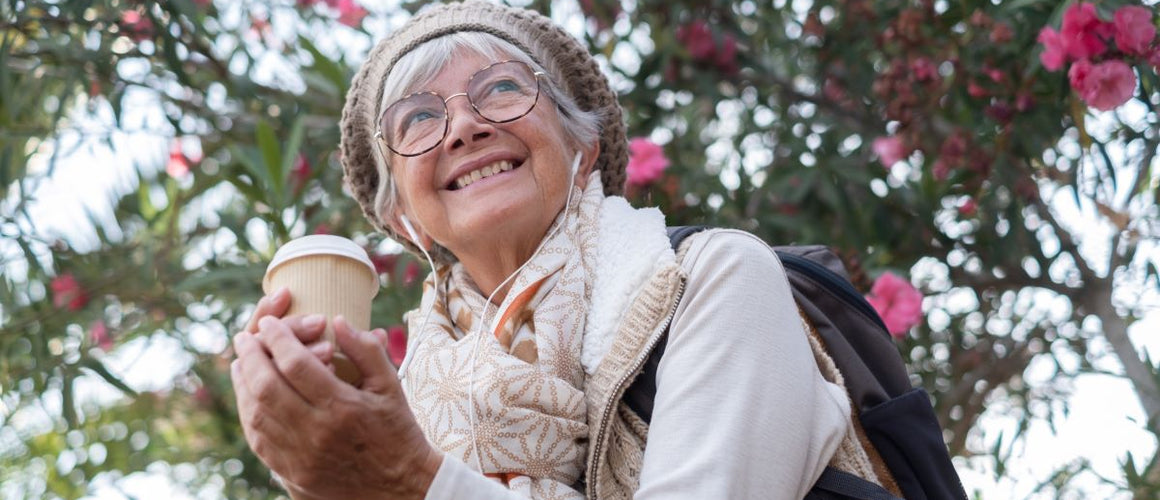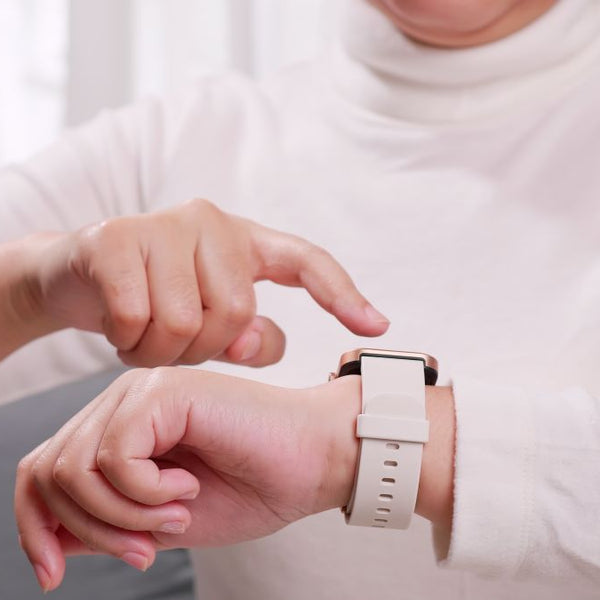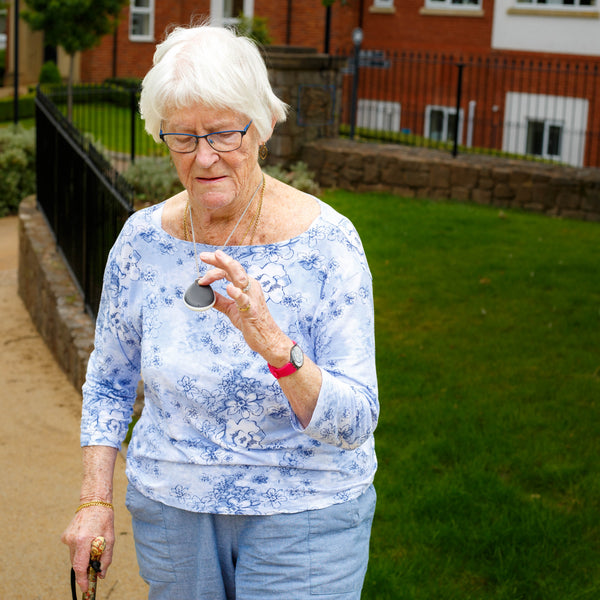As we get older, our health needs may change, but that doesn’t mean our sense of identity or independence has to fade.
At Taking Care, we believe supporting independence in later life is vital for physical, emotional and mental wellbeing. While extra help is sometimes needed, encouraging safe independence with the right support in place brings a wide range of benefits, not just to individuals and families, but to the wider health and care system too.
What does ‘independence’ mean for elderly people?
Independence in later life doesn’t necessarily mean doing everything alone or refusing help; it means having the freedom to make choices, maintain control over daily routines and live with dignity. For older people, this might involve being able to dress themselves, cook a meal, manage their finances or simply decide how to spend their day.
The level of independence someone can maintain will vary depending on their health and mobility, but even small decisions can make a big difference. With the right support, whether that’s assistive technology, home adaptations or a personal alarm for the elderly, many people can continue to enjoy a good quality of life while feeling safe, respected and in control.
82% of personal alarm users live alone, making independence one of the primary triggers for considering a personal alarm or fall alarm.
Why independence is important for elderly people
Independence improves quality of life
When older adults feel in control of their daily lives, it leads to better wellbeing. The ability to make decisions, such as what to wear, what to eat or when to go for a walk, helps maintain a sense of purpose and satisfaction.
Losing independence can, by contrast, lead to frustration, depression or low self-esteem. Whether it’s managing personal care or making choices about their own home, having independence reinforces the idea that older people are still valued, capable individuals.
In our recent survey, 88% of alarm users reported that having a personal alarm reduced their concerns about living alone and feeling vulnerable - a key contributor to better emotional wellbeing.
Independence helps with maintaining daily routines and skills
Routines are powerful tools for wellbeing. They help older adults feel grounded and provide structure to each day. Maintaining independence allows people to continue preparing meals, keeping on top of household tasks, or enjoying hobbies and activities that bring joy and familiarity.
Keeping up these activities also supports mental agility and helps preserve important motor and cognitive skills.
Independence reduces dependence on family and carers
While support from family, friends and carers is often essential, encouraging independence helps avoid the risk of over-reliance. This not only gives carers more breathing room, but it can also help avoid strain in relationships caused by feelings of helplessness or imbalance.
88% of respondents also said their personal alarm provided peace of mind for their family, helping reduce anxiety and easing the burden on informal carers.
When older adults can manage parts of their routine independently, even with assistive technology or mobility aids, it creates a more balanced and empowering environment for everyone involved.
Independence contributes to better physical and mental health

Being active, engaged and involved in your own care is good for health. Staying mobile helps maintain muscle strength, balance and coordination, which can reduce the risk of falls. Similarly, making decisions, problem-solving and interacting with others supports cognitive health and reduces the risk of isolation and loneliness.
Independence is not about doing everything alone, but about being supported to do what’s possible, which is far better for long-term health outcomes.
Download the Staying Connected guide
Our Staying Connected guide will help you understand the symptoms of loneliness and address the causes. The guide provides information, resources and advice to help your loved one overcome loneliness, build meaningful connections and be their best in later life.
Independence can lead to financial savings
For both families and the wider care system, supporting independence can help reduce the cost of care. When older adults are able to stay in their own home safely and manage more of their day-to-day life, there’s often less need for expensive residential or live-in care.
Simple tools like fall detectors or monitored personal alarms can offer an affordable way to maintain independence while providing immediate help if needed.
58% of users said concerns about living alone were the main reason they chose a personal alarm - followed by health issues, mobility, and fear of falling. These concerns can often be addressed without moving into residential care, helping to keep costs down.
Independence supports ageing with dignity
At the heart of promoting independence is the belief that everyone deserves to age with dignity. This means being treated with respect, having choice and control, and being recognised as an individual with a lifetime of experience behind them.
Independence eases pressure on the NHS and care services
Encouraging independence in later life also benefits public services. When people are supported to stay well at home, manage their own care and avoid preventable hospital admissions or early entry into residential care, it takes pressure off already stretched NHS and social care systems.
A personal alarm can reduce overall hospital admissions in older adults by 50% and reduce the length of stay in hospital by almost half, from 15 days to 8 days.”
Professor James Brown, Aston Research Centre for Healthy Ageing
Personal alarms and telecare services, like those offered by Taking Care, play an important role in this, providing peace of mind while supporting independent living. While the NHS doesn’t offer free personal alarms for the elderly, they do recommend them as a tool for staying independent at home.
How Taking Care helps elderly people stay independent

At Taking Care, we’re committed to helping older adults live safely and confidently in their own homes. Our personal alarm systems provide 24/7 support at the touch of a button, giving peace of mind to both users and their families. Whether it's a fall, a sudden illness or simply needing reassurance, help is always available.
By offering practical, easy-to-use technology and friendly support services, we empower older people to remain independent for longer, without compromising on safety or comfort. Our GPS personal alarms are designed to be simple and straightforward to use with no complex instructions or confusing set-ups.
With discrete devices and easy activation, users can get the support they need quickly and easily. Behind every alarm is our friendly and highly trained Emergency Resolution Team, who respond with warmth, patience and professionalism, no matter the situation. It’s this personal, reassuring service that helps older people feel confident and supported as they continue to live independently.
Find out more about how to promote independence in the elderly.






